Building Relationships Through Books
Books that build a bridge and foster connections between children, adults, and peers
Young children’s relationships with their teachers and peers are foundational for learning and healthy development. This series of books highlights teacher-child relationships, peer relationships, and ways to solve social problems as they arise in the classroom.
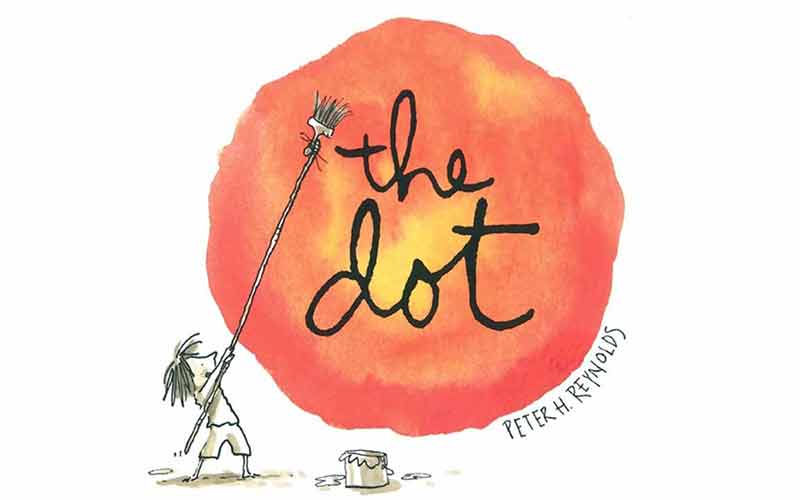
The Dot
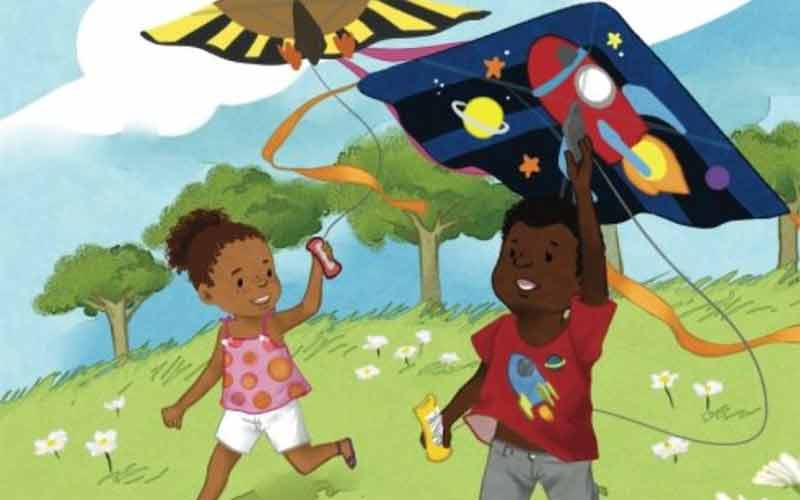
Benny Doesn't Like to Be Hugged
Written by Zetta Elliott and illustrated by Purple Wong, this is a simple, yet beautiful story about a friendship between a child with autism and a typically developing child.
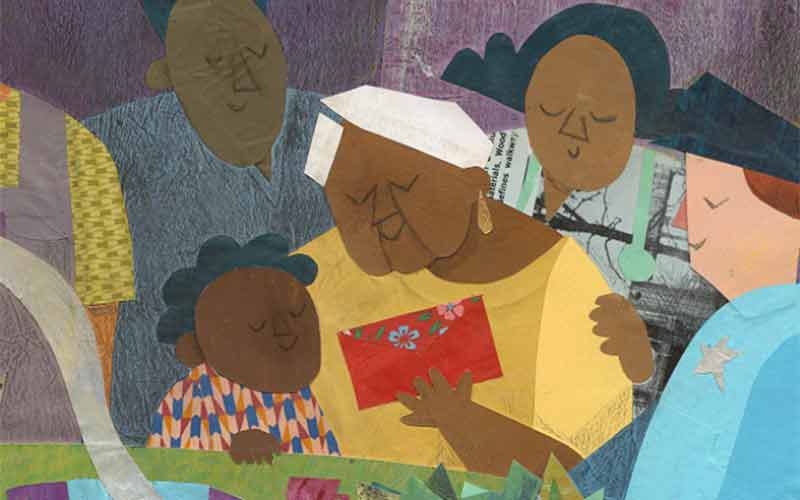
Thank You, Omu
Written and illustrated by Oge Mora, Thank You, Omu is a story about how small acts of kindness, like sharing, can bring a community together.
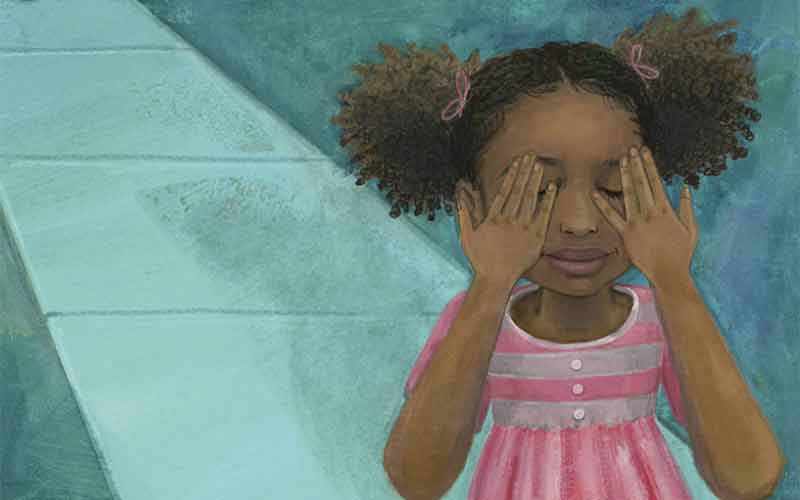
The Night is Yours
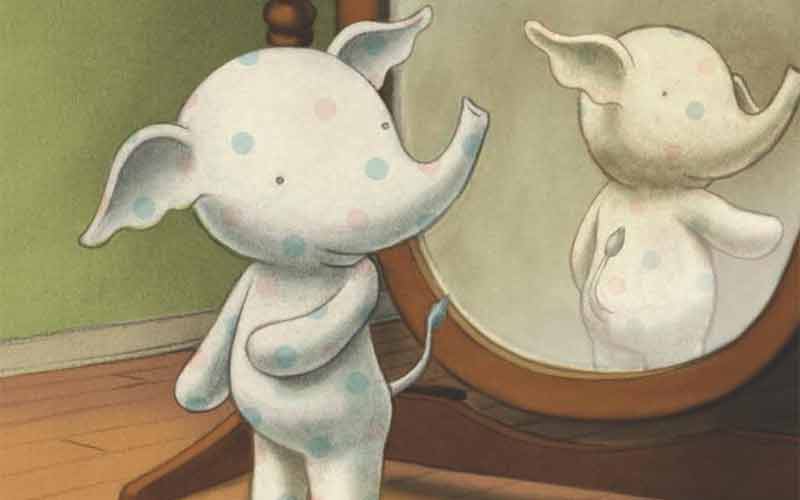
Little Elliot, Big City
Written and illustrated by Mike Curato, this is a story about a small elephant who faces some challenges throughout his day. But with the help of a new friend, no challenge is too big.
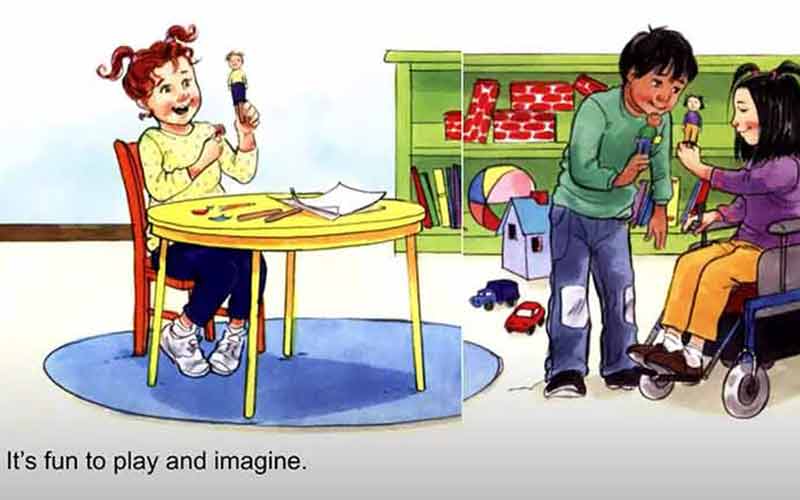
Share and Take Turns
Written by Cheri J. Meiners, this book provides many opportunities to talk and think about social situations that young children may encounter in the classroom, such as sharing toys or taking turns.
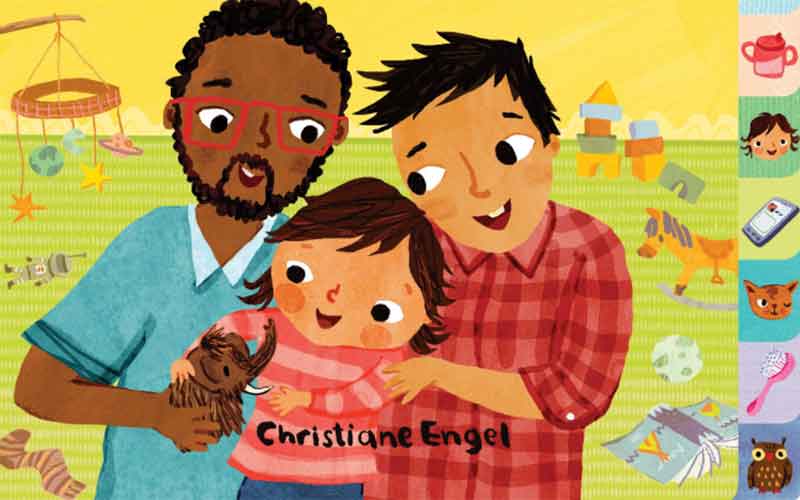
Baby's First Words
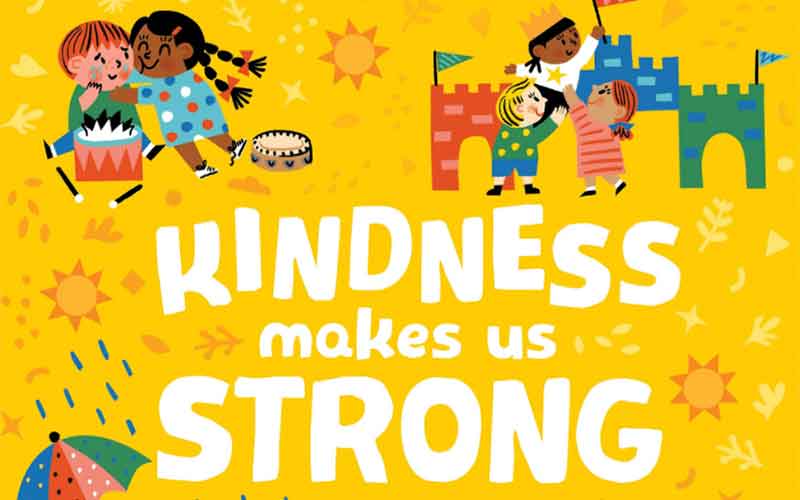
Kindness Makes Us Strong
Written and illustrated by Sophie Beer, this story highlights the power of everyday acts of kindness. Kindness is a friendly hello, a roaring cheer, or a quick boost. See how you can engage our youngest readers with the power of kindness.
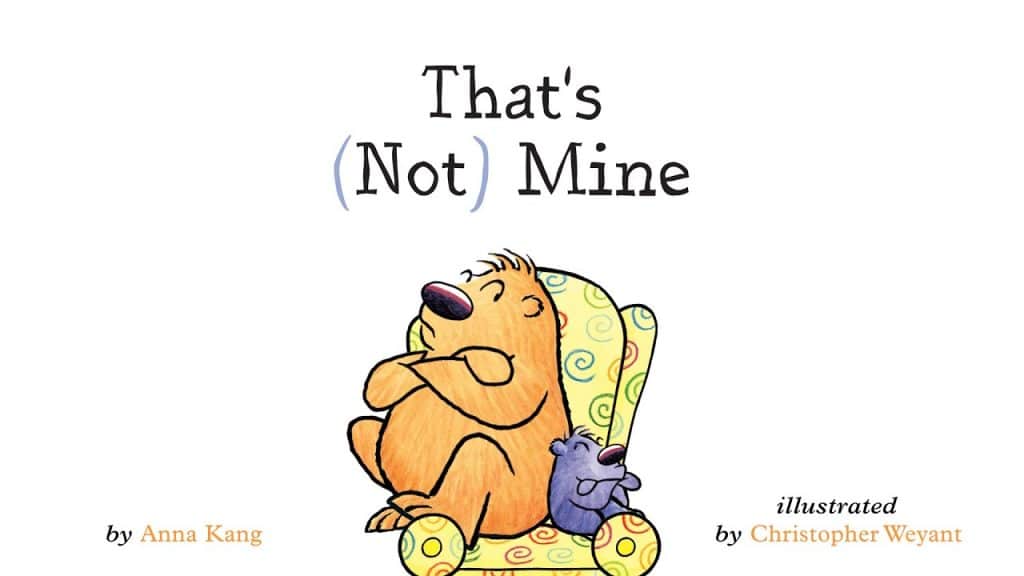
That's (Not) Mine
Written by Anna Kang and illustrated by Christopher Weyant, this story highlights different ways to (not) solve problems with friends in a fun and engaging way.
TEACHING THROUGH BOOKS
Key Takeaways
Highlight educators as a resource
Educators can help children view them as a resource by sharing stories that feature adults showing empathy and working together with children to find solutions.
Explicitly teach social skills
Reading books that explicitly teach social skills can help all children learn how to interact with peers in a positive and respectful way.
Focus on problems and solutions
Young children are still learning how to share, take turns, and work collaboratively with their peers. Educators can help children develop social problem-solving skills by discussing how characters in stories encounter social challenges and solve problems together.